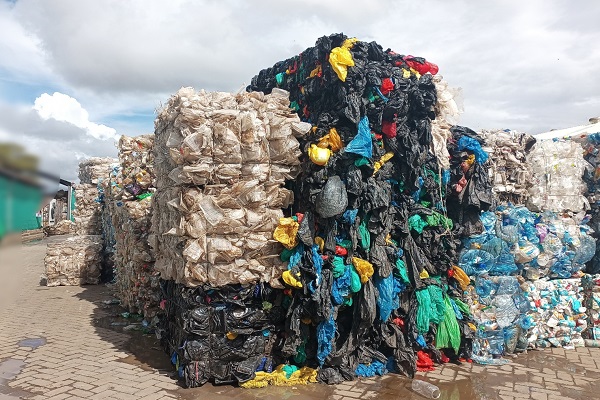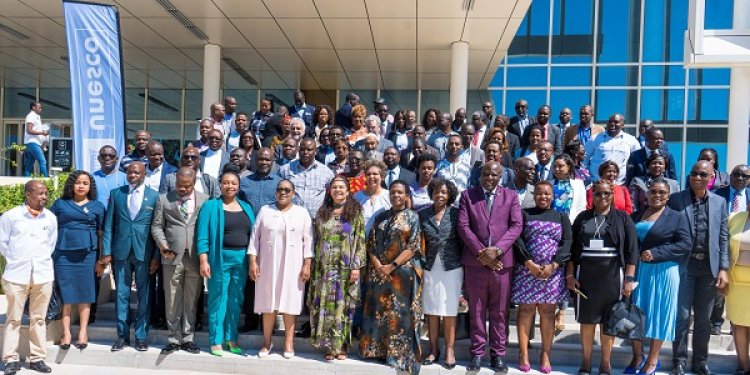Private sector players are banking on the planned harmonisation of standards and rules of origin requirements by African countries to bid farewell to longstanding challenges in cross border trade and utilization of the continent’s free trade area (AfCFTA) that opened up in January last year.
A continental quality policy was endorsed by the African Union (AU) assembly in February this year, and the continental organisation has been rallying member States to align national and regional quality legislations with the policy.
In particular, the AU expects the Africa Quality Policy (AQP) to pave the way for the operationalization of the Made in Africa (MiA), a multi-purpose vehicle designed to encourage firms in Africa to optimise use of local inputs in their production processes, meet AfCFTA rules of origin requirements and comply with standards and quality requirements.
AfCFTA rules of origin, just like standards requirements, single out goods produced within the free trade area that meet set conditions to be allowed to move freely and enjoy preferential tariff treatment.
End barriers
According to the AU, the implementation of MiA would, therefore, make it possible for qualifying firms, especially small and medium entreprises to be more competitive by developing reliable brands.
The scheme seeks to end unjustified technical barriers to trade, and assure consumers of the safety and quality of products originating in Africa.
“It would be a sad day if we boost our production capacities but our goods are denied market access because they fail to comply with regulations or to meet quality and safety standards. I, therefore, challenge the quality infrastructure bodies all over Africa to play their role in supporting our development endeavours as guided by the Agenda 2063,” said Albert Muchanga, AU Commissioner for Economic Development, Trade, Tourism, Industry and Minerals.
Also read: Africa eyes green bonds, COP27 partnerships to plug infrastructure gaps
Mr. Muchanga was speaking at the session on quality infrastructure as part of the Summit on Industrialisation and Economic Diversification that kicked off Sunday in Niamey, Niger.
It would be a sad day if we boost our production capacities but our goods are denied market access because they fail to comply with regulations or to meet quality and safety standards. I, therefore, challenge the quality infrastructure bodies all over Africa to play their role in supporting our development endeavours as guided by the Agenda 2063
Albert Muchanga, AU Commissioner for Economic Development, Trade and Industry
“We believe that through harmonised implementation of the Africa Quality Policy, we can together lay the foundation for an effective and sustainable industrialisation drive,” he added.
Boon for SMEs
In light of changing requirements for trade, both compliance with quality standards and rules of origin requirements persisted as barriers to production and trade under the continent’s free trade area, especially for Micro, Small & Medium Enterprises (MSMEs).
According to AUDA-NEPA, the South Africa-based development agency of the African Union, MSMEs account for estimated 90 per cent of all businesses across the continent, and they contribute to approximately 40 per cent of GDP and generate over 50 per cent of employment for largely women and youth.
Its Chief Executive Officer Nardos Bekele-Thomas says governments need to create conducive enabling environment that allow MSMEs to transform into critical players within international markets and global value chains for the continent to produce enough high quality and safe manufactured and agro-processed goods for the local and world markets.
“We believe that support for the integration and growth of African MSMEs is critical and we are working to implement initiatives that specifically improve productivity, value addition, competitiveness and innovation along priority value chains,” she said.
Also read: Non-ratification of AU treaties slows down continental flagship projects’ implementation
The industrialization summit is happening at a time countries on the continent are battling challenges ranging from the impacts from the COVID-19 pandemic, coupled with recent geopolitical conflicts and other environmental and socio-economic shocks that are causing disruptions including to the supply chains.
Official statistics suggest that despite enormous potential, the Industrialization sector in many African countries remains underdeveloped, and continues to suffer from low productivity and competitiveness.
This has seen the contribution of the manufacturing sector to the GDP in the majority of Africa remains under 12 per cent and the share of the global manufacturing remains at less than 2 per cent.
In particular, the COVID-19 pandemic highlighted the fragility of Africa’s health infrastructure and the urgent need to strengthen its overall medical industries, indicated AUDA-NEPAD officials.
Around 70 to 90 per cent of the drugs consumed in Africa ($14 billion) were imported.
~ Reporting by Johnson Kanamugire in Niamey










